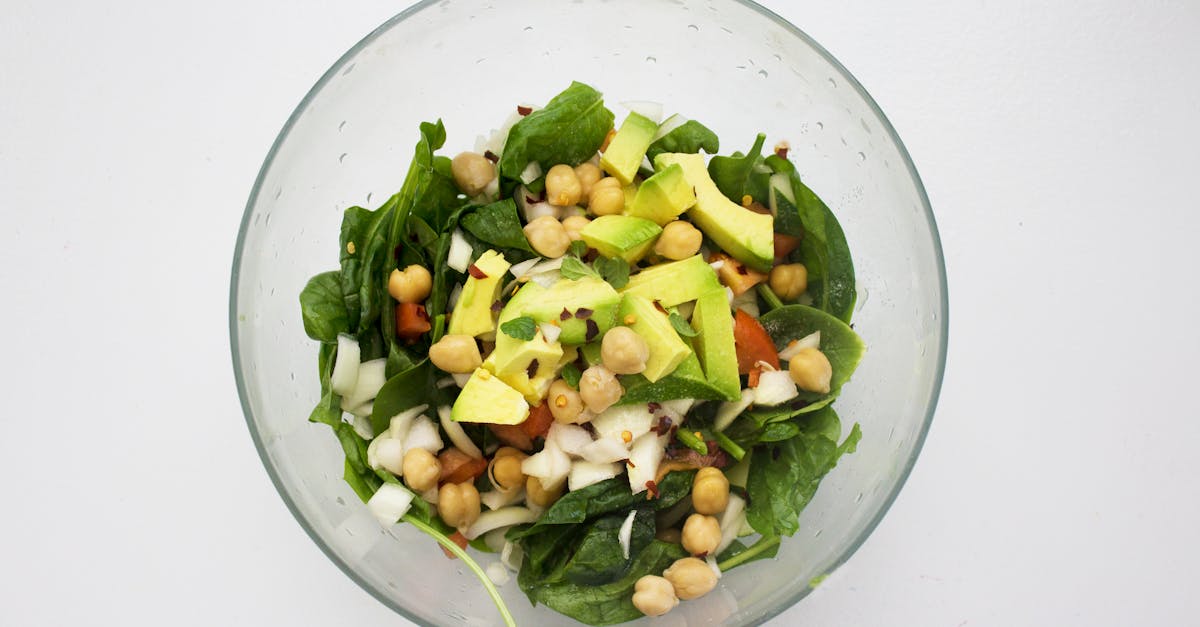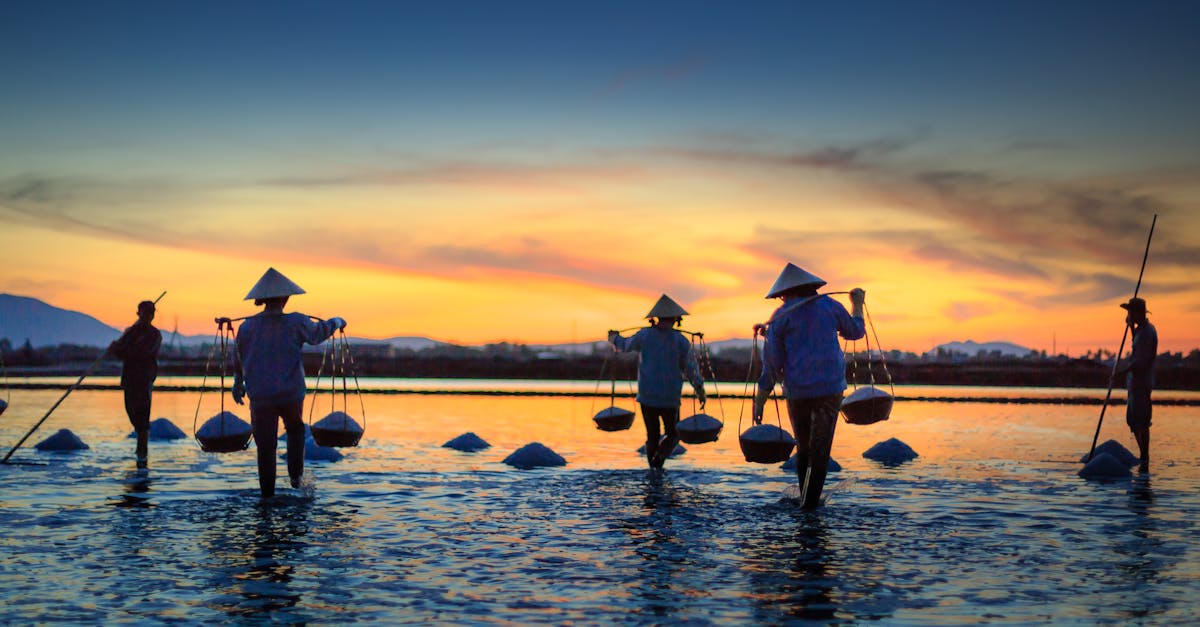Are you curious about how farmers can save water efficiently? We’ll investigate practical strategies to help conserve this precious resource.
Water scarcity is a pressing issue, and as stewards of the land, it’s critical for us to carry out sustainable practices.
In this text, we’ll study into innovative techniques and proven methods that farmers can adopt to reduce water usage on their farms.
Let’s scrutinize the key to preserving water resources while maintaining agricultural productivity.
Key Takeaways
- Water conservation is crucial for sustainable farming practices to ensure a stable water supply for future generations.
- Implementing smart irrigation systems and monitoring water usage are vital to protect farms and the environment.
- Innovative techniques like drip irrigation, soil moisture sensors, rainwater harvesting, and cover crops can significantly reduce water wastage on farms.
- Proven methods such as drip irrigation systems, soil moisture sensors, rainwater harvesting, and planting cover crops can effectively reduce water usage while promoting sustainability.
- Sustainable practices like adopting drip irrigation systems, using soil moisture sensors, rainwater harvesting, and planting cover crops can help farmers save water and maintain high productivity levels.
- For more information and tips on water conservation practices, visit resources like WaterSense and USDA websites.

Importance of Water Conservation for Farmers
Water conservation is critical for sustainable farming practices. Our farms rely on water for irrigation, livestock, and crops. By implementing efficient water-saving techniques, we can ensure a stable supply for the future.
Without proper conservation methods, overuse of water resources can lead to depletion and environmental damage. By adopting smart irrigation systems and monitoring water usage, we can protect our farms and the surrounding ecosystem.
As farmers, it’s our responsibility to preserve water for future generations. By incorporating water-saving practices into our daily routines, we can contribute to a more sustainable agricultural sector.
Join us in exploring innovative ways to conserve water on our farms and create a greener, more resilient future for agriculture.
For more information on water conservation practices, visit WaterSense and Sustainable Agriculture Research & Education (SARE).
Understanding Water Usage on Farms
Water is important for farming, from irrigation to livestock. Monitoring water usage is critical. Overwatering can harm crops and waste water. Using smart technology can help us track and optimize water usage. By understanding our water needs, we can save water and improve sustainability. Check out resources from WaterSense for water-saving tips. Let’s work together to protect our water for future generations.
| Data | Value |
|---|---|
| Water saved with drip irrigation | 30-60% |
| Farm water usage | 70% for irrigation |

Innovative Techniques for Water Conservation
When it comes to water conservation on farms, implementing innovative techniques can make a significant impact. Here are some effective strategies that farmers can adopt to save water:
- Drip Irrigation: This method delivers water directly to the plant roots, reducing water wastage.
- Soil Moisture Sensors: These devices help farmers monitor soil moisture levels, allowing for precise watering only when necessary.
- Rainwater Harvesting: Capturing rainwater for irrigation and other farm needs can reduce reliance on traditional water sources.
- Cover Crops: Planting cover crops can help retain soil moisture and reduce evaporation.
By incorporating these innovative techniques, farmers can conserve water effectively while optimizing their farm productivity.
For more information on water-saving techniques for farmers, visit the USDA website.
Proven Methods to Reduce Water Usage on Farms
When it comes to reducing water usage on farms, several proven techniques can make a significant difference. Here are some effective methods that farmers can carry out to conserve water while promoting sustainable farming practices:
- Drip Irrigation System: This method helps deliver water directly to the roots of plants, minimizing wastage and ensuring optimal water usage.
- Soil Moisture Sensors: By using these sensors, farmers can accurately determine the moisture levels in the soil and adjust watering schedules accordingly.
- Rainwater Harvesting: Collecting and storing rainwater for irrigation purposes can help reduce the dependence on other water sources.
- Planting Cover Crops: Cover crops can help retain soil moisture, prevent erosion, and improve and so soil health.
Implementing these water-saving techniques not only benefits the environment but also contributes to the long-term sustainability of farms. For more information on water conservation strategies, visit the USDA website.

Implementing Sustainable Practices for Saving Water
When implementing sustainable practices on the farm, we can significantly reduce water usage while maintaining high productivity levels. One key strategy is to adopt drip irrigation systems that deliver water directly to the roots of plants, minimizing waste. Additionally, utilizing soil moisture sensors helps us understand when and how much water our crops need, preventing overwatering. Rainwater harvesting is another effective method to capture and store water for irrigation purposes. Finally, planting cover crops can improve soil health, reduce evaporation, and prevent water runoff. To learn more about sustainable farming practices, visit the USDA website.
